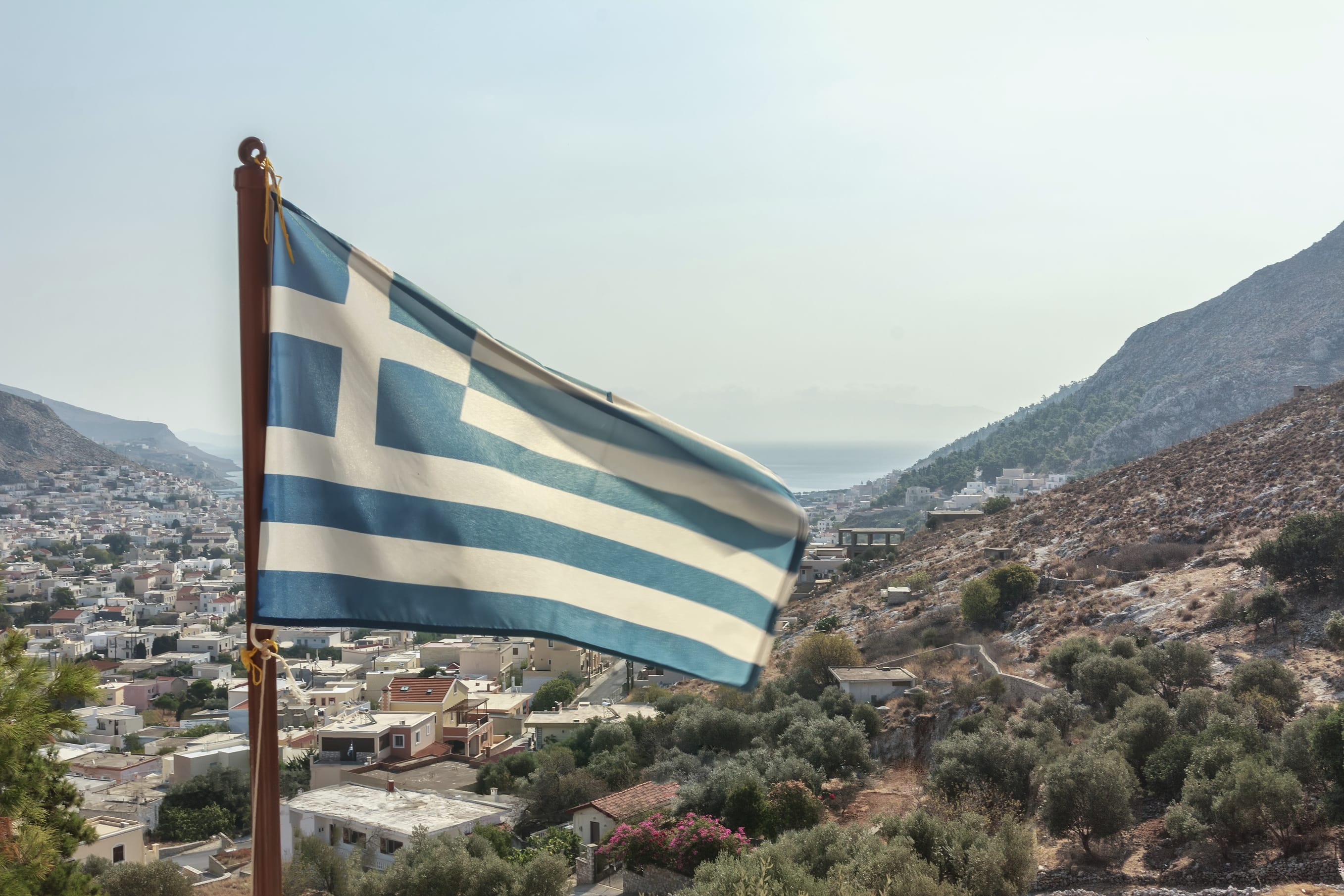efhernandez_
Active member
Drop them in the thread below!! Mine is Oxi day of course!!
Follow along with the video below to see how to install our site as a web app on your home screen.
Note: This feature may not be available in some browsers.

 www.greekboston.com
www.greekboston.com
There are so many important moments! As I take "history" as "Universal (not simply Political) History", my favorite moment is the moment when the Ionian Anaximander started thinking Peri Physeis (About Physis), these words being the title of a book he wrote and were later translated into Latin as De Natura, Natura (Nature) being the realm of whatever is born, emerges, or develops. This was the moment when philosophy was born, namely the search for true knowledge, whose history will include science (or Galileo's "Dialogues Concerning Two New Sciences" -- bodies of true knowledge -- today known as Physics and Science of Materials). The Anaximandrian Physics, which was not experimental, is rather a cosmo-genesis that was prompted by his teacher Thales. Thales held that things are born from water [the fertile Sea] but held that the world is full of [causative] gods, whereas Anaximander's world is autonomous -- a concept that will held by all the Greek philosophical physicists. // Anax. did not invent Physis, which was already in his language! SO, my view: philosophy cannot arise in any culture, since it is pursued through language, rather than in a vacuum or by contact with that which is being investigated. The entities of a language make a whole difference. [This is Value # 1 of the Greek Language; I'm omitting the other values, besides the normal/obvious Communication.] [Sorry, Aristotle: Anax., not Thales. is the first philosopher. You, too, are a physicist.]Drop them in the thread below!! Mine is Oxi day of course!!
A philosophy fan I see, which Greek philosophers do you recommend reading?There are so many important moments! As I take "history" as "Universal (not simply Political) History", my favorite moment is the moment when the Ionian Anaximander started thinking Peri Physeis (About Physis), these words being the title of a book he wrote and were later translated into Latin as De Natura, Natura (Nature) being the realm of whatever is born, emerges, or develops. This was the moment when philosophy was born, namely the search for true knowledge, whose history will include science (or Galileo's "Dialogues Concerning Two New Sciences" -- bodies of true knowledge -- today known as Physics and Science of Materials). The Anaximandrian Physics, which was not experimental, is rather a cosmo-genesis that was prompted by his teacher Thales. Thales held that things are born from water [the fertile Sea] but held that the world is full of [causative] gods, whereas Anaximander's world is autonomous -- a concept that will held by all the Greek philosophical physicists. // Anax. did not invent Physis, which was already in his language! SO, my view: philosophy cannot arise in any culture, since it is pursued through language, rather than in a vacuum or by contact with that which is being investigated. The entities of a language make a whole difference. [This is Value # 1 of the Greek Language; I'm omitting the other values, besides the normal/obvious Communication.] [Sorry, Aristotle: Anax., not Thales. is the first philosopher. You, too, are a physicist.]
More than a fan, I spent years studying it (and more time on my own). What I liked most was a graduate course on the ancient Greek philosophy. I recommend "The Presocratics", a collection of the fragments of the philosophical writings before Socrates, which are mostly quotations by other authors, It includes Anaximander, the Pythagoreans, Heraclitus, Parmenides, etc.) Then: any or all of Plato's "Dialogues", some of which are called Socratic since they are conversations in the style of the historic Socrates (who never wrote anything) and inquiries about subjects [virtues, love (in the "Symposium"), the soul, etc.] dear to him, while others represent Plato's own inquiries: the "Republic" [Politeia] and, in addition to others, my favorite, the "Theaetetus" (on perception and true knowledge). I love also many works written by the Stoics and their Roman followers, especially Cicero. Aristotle and the Stoics for the creation of Logic! [Logic is he art or science of correct/rational reasoning and argumentation. Related: the study of fallacies -- blunders of the mind, many of which, says Aristotle, are due to the misuse of... guess: language.]A philosophy fan I see, which Greek philosophers do you recommend reading?
